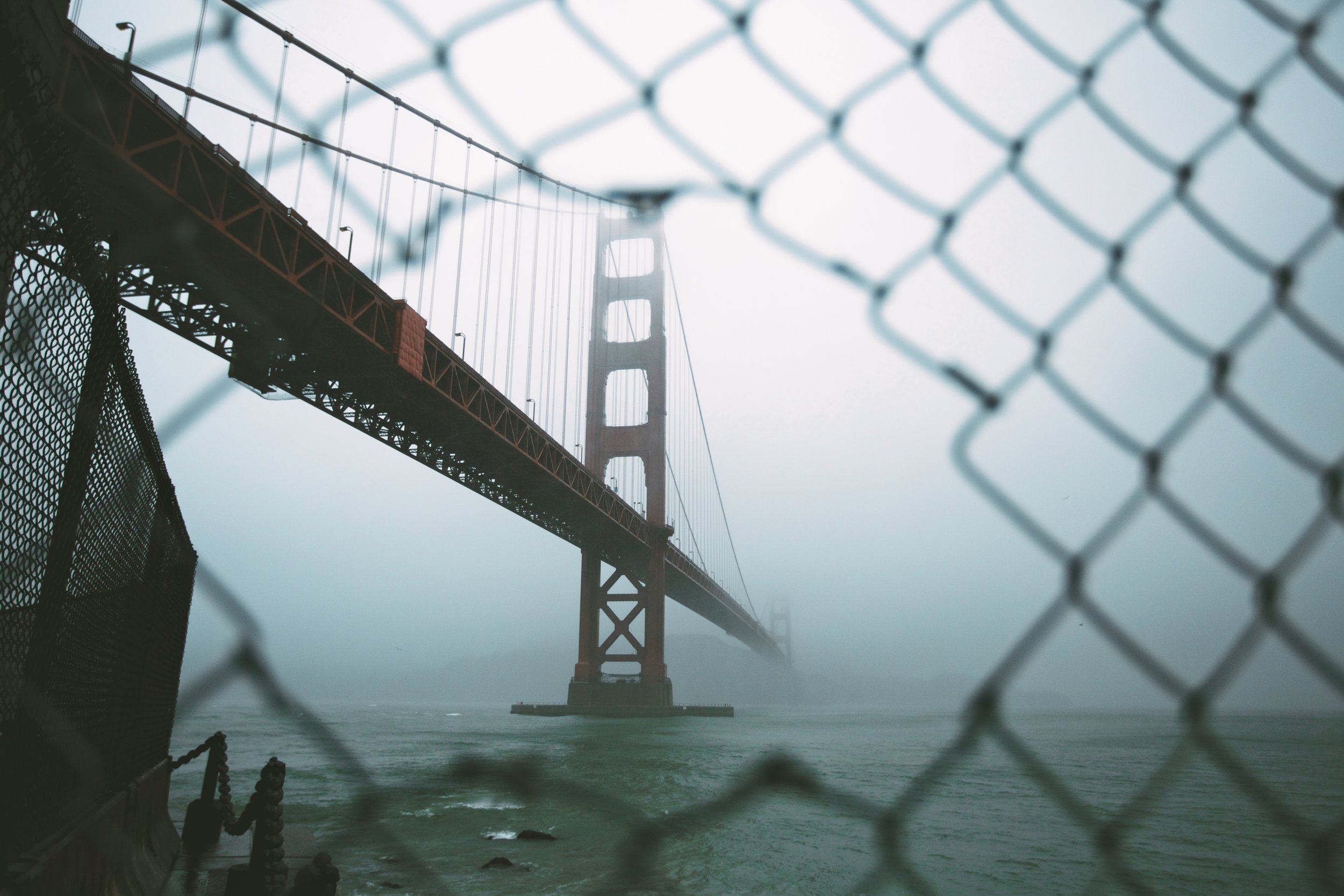Victory Against Bail Schedules in San Francisco
published
March 11, 2019
On March 4, 2019, Equal Justice Under Law won its lawsuit against the bail schedule system of San Francisco. The Northern District of California found California’s bail schedule unconstitutional as applied in San Francisco. This decision has incredible implications both within California and nationwide.
The case, Buffin v. City and County of San Francisco, challenges California’s state law that requires the use of a bail schedule, which sets certain amounts of bail for different crimes. The state law requirement of bail schedules has contributed to the rapid growth of the bail bond industry in California — all at the cost of those accused of crimes. Although both San Francisco and the state of California refused to defend the bail law, the California Bail Agents Association (CBAA) intervened in Buffin to defend the use of bail schedules.
Bail schedules significantly deprived plaintiffs of their fundamental right to liberty by sole reason of their indigence.
The bail industry extorts defendants and puts a price tag on freedom from pre-trial incarceration. As the court notes in its Buffin opinion, this practice is particularly insidious because defendants are supposed to be presumed innocent before their arraignments, but are rarely seen so while languishing in jail cells solely due to poverty.
A bail schedule looks like this: after someone is arrested and booked, they are assigned the bail amount that corresponds with their charged crime. This amount is completely arbitrary and begins at a base amount of $15,000 for unscheduled crimes. And if a defendant is charged with multiple crimes, then the bail amount for each crime is totaled up for their bail to be freed from pre-trial detention. If defendants cannot post the whole bond, which is true for most indigent defendants, then they can turn to a bail agent and purchase a bail bond. Bail agents require a 10% non-refundable payment on the bail bond for their services.
The 10% non-refundable payment is the heart of the bail industry’s scam. Crystal Patterson, our plaintiff, was charged with two counts of the same crime. Her bail was set at $150,000. She testified that she did not attempt to secure a bail bond because she could not afford 10% of her bail amount. Crystal’s family secured a bail bond on her behalf by pooling their money to pay the down payment, but she was not released until the day after they paid. And after Crystal was released, the prosecutor dropped her charges. Yet Crystal and her family still have to pay off the remaining down payment. Crystal will end up paying $15,000 for her one day in jail for no reason whatsoever.
This ruling sets a precedent for national bail reform.
California’s bail schedule keeps indigent people in jail before they are convicted of any crime simply because they are poor. The Buffin case notes that “Those who can pay are released at a time of their choosing…Those who cannot must wait.”
CBAA even agrees that indigent defendants are jailed longer because they cannot pay their bail. The court concluded that the bail schedule “significantly deprived plaintiffs of their fundamental right to liberty by sole reason of their indigence.”
In the 2020 Election, Californians will vote on a state-wide bail reform referendum.
The court agreed with our position that the appropriate alternative to the bail schedule is an individual determination of risk. The bail schedule is allegedly designed to protect public safety and ensure court appearance, but the court concluded there was no evidence that the bail schedule actually achieved these goals. Instead, an individual determination of risk both protects public safety and ensures court appearance without depriving indigent people of their right to freedom before trial.
Without this bail schedule, CBAA will cease to exist. Our case inspired the California legislature to adopt a bill that would end cash bail, and the governor signed it. But CBAA petitioned for a referendum on the bill, and now California voters will decide the future of cash bail in 2020.
CBAA doesn’t care about anything but ensuring it can profit off the plight of the incarcerated. It has launched a campaign to scare voters into voting against the measure because it would cost the taxpayers millions of dollars to implement the individual determination processes. Yet the Buffin case shows us that the individual determination is not any costlier than the bail schedule. CBAA isn’t interested in protecting taxpayers. CBAA is only interested in protecting itself and its profits.
The Buffin decision is a historic precedent in the fight against unconstitutional bail systems. The decision confirms that there is a right to pre-trial liberty that cannot be infringed upon by forcing people to pay up or give up their liberty. The decision also provides precedent supporting individual determination over arbitrary expensive bail amounts. There should not be a price tag on the right to liberty, and this decision helps take away one of those price tags.
“[San Francisco’s...bail schedule]... sets [bail] amounts without regard to any objective measurement and thus bears no relation to the government’s interests in enhancing public safety and ensuring court appearance. It merely provides a ‘Get Out of Jail’ card for anyone with sufficient means to afford it.”
Sources
Buffin v. City & Cty. of San Francisco, 2019 U.S. Dist. LEXIS 34253 at *29-30 (explaining the Supreme Court’s precedents on bail, which hold that the right to bail preserves the criminal presumption of innocence pre-trail).


